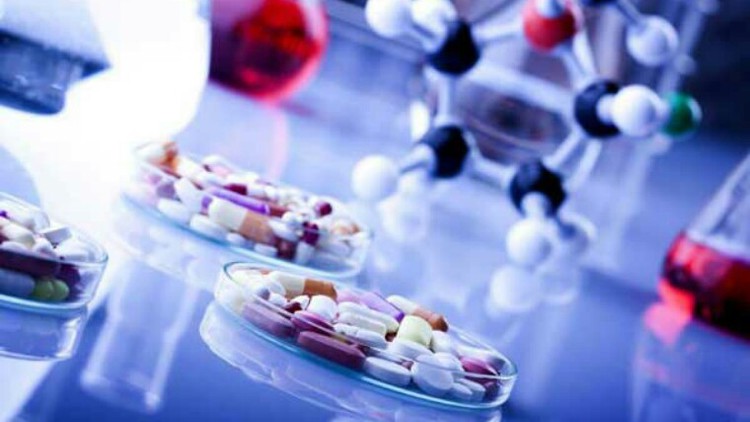
Clinical Bioequivalence Study, BABE, Types of Study designs, Crossover Design, Parallel Design, AUC, Cmax, Tmax, PK/PD
What you will learn
Bioequivalence Study
Bioavailability
Generic Medicine Vs Branded Medicine
Bioequivalence study design
FDA Approval for Generics
Pharmacokinetics & Pharmacodynamics
Distinguish between Generics Vs Branded Medicines
Why generic medicines are cost effective
Pharma Clinical studies
Description
Bioequivalence studies are very important for the development of a pharmaceutical preparation in the pharmaceutical industry. Their rationale is the monitoring of pharmacokinetic and pharmacodynamic parameters after the administration of tested drugs.
Note: If you are paying more than 5k INR or $15 for private institute/academy then you are in loss.
Please compare the course description and amount you are paying for such course.
Bioavailability & Bioequivalence
Bioavailability (BA) is defined as the rate and extent to which the unchanged active substance is absorbed and becomes available in the systemic circulation. Understanding bioavailability is essential during drug development as it is one of the fundamental properties of drug formulation.
Information on bioavailability is also used to determine bioequivalence (BE) when submitting a generic dossier.
Through interactive sessions and multiple case studies, this course will evaluate every aspect of BA/BE from the regulations and types of protocol studies to bioanalysis, statistical analysis and reporting. Once completed you will have a solid understanding of bioavailability, supporting you in drug development.
You will also have the confidence to develop and implement your own bioequivalence studies to ensure speedy generic approval.
The course will also examine key aspects of biowaivers such as the regulatory hurdles, types of biowaivers and data needed so you can save money and time with fast biowaiver applications.
Benefits of Course:
After taking this course, students will be able to specify the design of a new drug or new device study with the goal of establishing whether the new protocol is statistically equivalent to an existing therapy.
You will learn how to design a study in accordance with regulatory requirements, as well as appropriate methods for analyzing data.
You will be able to fit statistical models to dose-response data with the goal of quantifying a reliable relationship between drug dosage and average patient response.
-
Basic concepts for Bioequivalence study
-
Bioavailability & bioequivalence
-
Types of Study Designs
-
How Generic medicine becomes Bioequivalent with Branded Medicines
-
Criteria and considerations for BA/BE Study
-
Conduct PK analysis of time-concentration data
-
Conduct dose-response analysis
-
Specify bioequivalence designs for parallel and crossover designs
-
Review actual clinical trials and identify end point, question of interest, statistical method used
Who Should Take This Course
Diploma Pharmacy Students/Professor
Pharmacy Students
Pharmaceutical researcher, Investor, Doctors
Medical Professional
Analysts responsible for designing, implementing or analyzing clinical trials.
Content